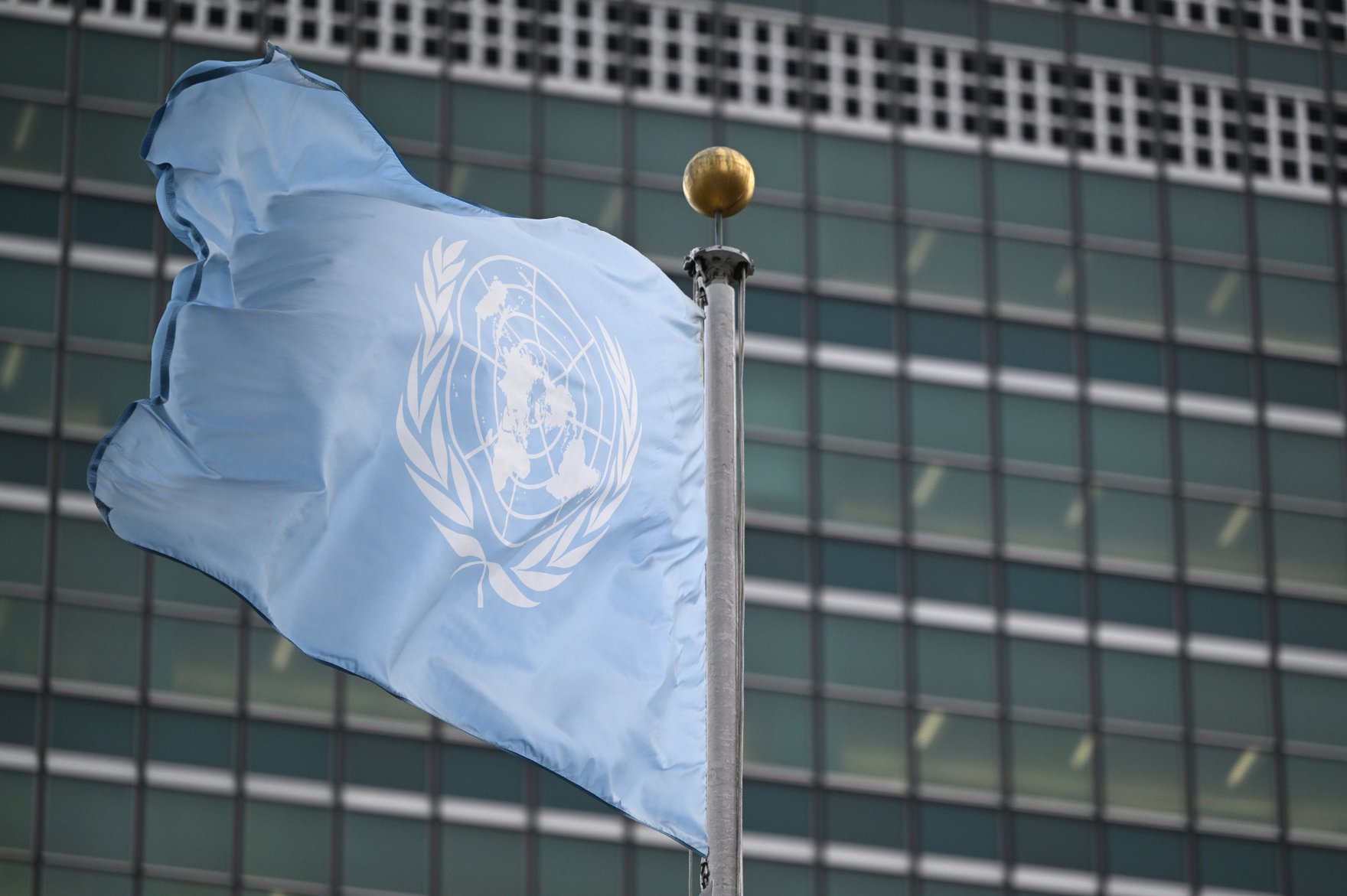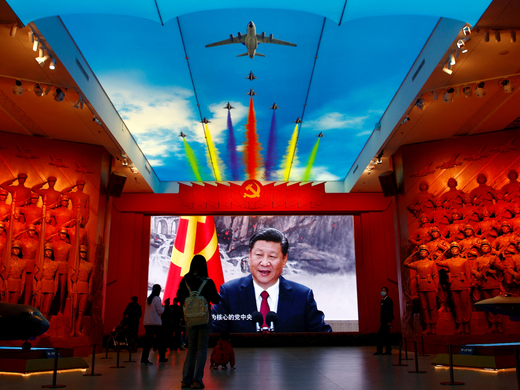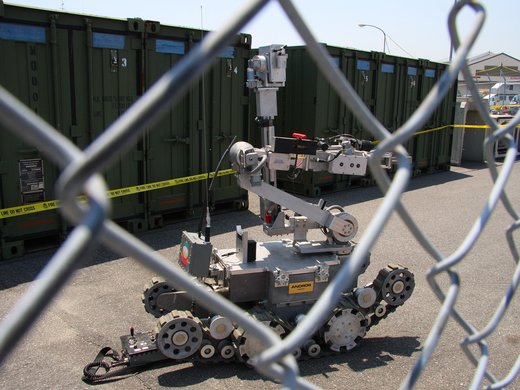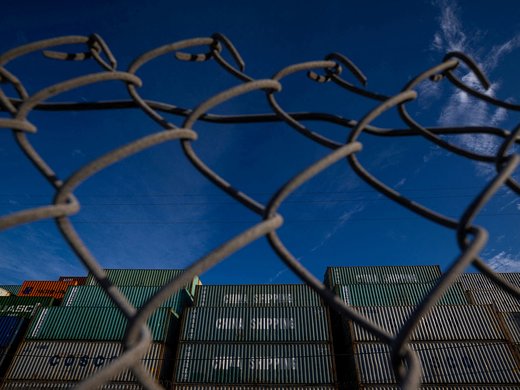Conceived in the aftermath of the Second World War, the United Nations was envisioned as a safeguard against global conflict. Yet, its repeated failure to act decisively in the face of human atrocities — including its inaction in Rwanda (1994), Srebrenica (1995), Darfur (2003), Myanmar (2016) and, most recently, Ukraine and Gaza — reveals a troubling pattern of institutional paralysis. These failures are not isolated incidents but features of a deeper structural malaise. The truth of the matter is that the United Nations now stands at a critical crossroads.
At the heart of the problem lies a crisis of credibility due in large part to the disproportionate influence wielded by the five permanent members of the Security Council. Frozen in the postwar power dynamics of 1945, the United Nations remains hostage to the geopolitical interests of the past. This crisis of credibility is not merely theoretical but has a permanent effect on global peace and security. When the United Nations fails to act, it reinforces the view that international law is conditional. Without meaningful structural changes, particularly within the Security Council, the United Nations risks losing both its moral legitimacy and its relevance to international affairs.
In an era in which no single power can enforce peace or manage global challenges alone, the potential of the United Nations as a platform for coordination and compromise is more critical than ever. But to fulfill that potential, the institution must be fundamentally reimagined. As the world’s pre-eminent multilateral organization, the United Nations still holds promise for anchoring global governance, but only if it can modernize its structures and decentralize its decision-making capacity.
Global Governance: Beyond Hegemony
Calls for reform are not new but they have grown more urgent. In a multipolar world order, power is no longer concentrated in the hands of a single hegemon but diffused among a constellation of regional actors. Under the leadership of Donald Trump, the United States is retrenching, and its influence over global affairs is unwinding. As the Trump administration seeks to consolidate its influence across the Americas, the United States is becoming a regional power in competition with other regional powers. Together, China, Russia and the United States are actively redrawing the contours of the international order, asserting dominance over their respective spheres of influence.
This shift raises troubling questions about the future of international cooperation and the ability of existing institutions to manage global challenges such as migration, climate change, political security and economic inequality. In the absence of a dominant power to uphold norms or mediate disputes, great-power rivalries are likely to deepen, accelerating geopolitical fragmentation. The result could be a more unstable, unpredictable international order marked by conflict rather than compromise.
Transforming the United Nations: Decentralization, Democratization, Digitalization
Mitigating the risks of a multipolar order means reimagining the United Nations itself. Indeed, revitalizing UN operations demands real investment in greater regional collaboration, deeper institutional democratization and robust technological modernization. Without these reforms, the United Nations risks becoming irrelevant to a world subsumed by geopolitical rivalry and unchecked competition. While the decline of unipolarity poses enormous challenges, it also offers an opportunity to build a resilient global order — one that is better equipped to address the complex, transnational issues of the twenty-first century.
Decentralization
Decentralizing UN operations is essential to developing faster and more flexible crisis-response frameworks. Long dominated by the great powers of the Second World War, the UN Security Council will need to reflect power in the twenty-first century. This means expanding cooperation with regional organizations such as the European Union, the Association of Southeast Asian Nations, the African Union and Mercosur in order to support localized approaches to peacekeeping operations. Whether it is pandemics, economic crises or geopolitical conflicts, peacekeeping mandates should be broadened to include stronger conflict prevention efforts, civilian protection measures and tools for post-conflict reconstruction.
Democratization
Democratization is fundamental to renewing the credibility and effectiveness of the United Nations. This means democratizing UN institutions to empower developing nations and regional blocs. This also means strengthening the UN General Assembly’s role by giving its resolutions more weight and ensuring financial and logistical resources are more equitably distributed. Increasingly, overshadowed by regional alliances such as the Group of Twenty (G20) and BRICS+ (Brazil, Russia, India, China and South Africa, plus newer members Egypt, Ethiopia, Indonesia, Iran and United Arab Emirates), the United Nations risks becoming marginal to global leadership. For the organization to retain its historical role as global arbiter, the United Nations must mirror the shifting realities of the contemporary global order.
Digitalization
The world is undergoing a technological revolution and the United Nations should lead by example. Building on the efficiencies of artificial intelligence and robotics, UN administrative processes can be automated and redesigned to ensure transparent, accountable and participatory governance. Real-time data analytics can reinforce peacekeeping operations, track humanitarian crises and monitor compliance with international agreements, making the institution more responsive and efficient. Most importantly, digital platforms can amplify the voices of smaller nations and civil society, democratizing participation beyond the elite corridors of New York and Geneva.
Conclusion: Toward Multipolarity
As we move beyond America’s unipolar moment, the role of the United Nations will need to be expanded and upgraded to meet the needs of a multipolar era. This transformation means strengthening the organization’s operational capabilities, embracing regional cooperation, democratizing its organizational structures and integrating technological innovation. Only through bold transformation can the United Nations rise to the challenge of steering an increasingly fragmented world toward unity and shared purpose.



